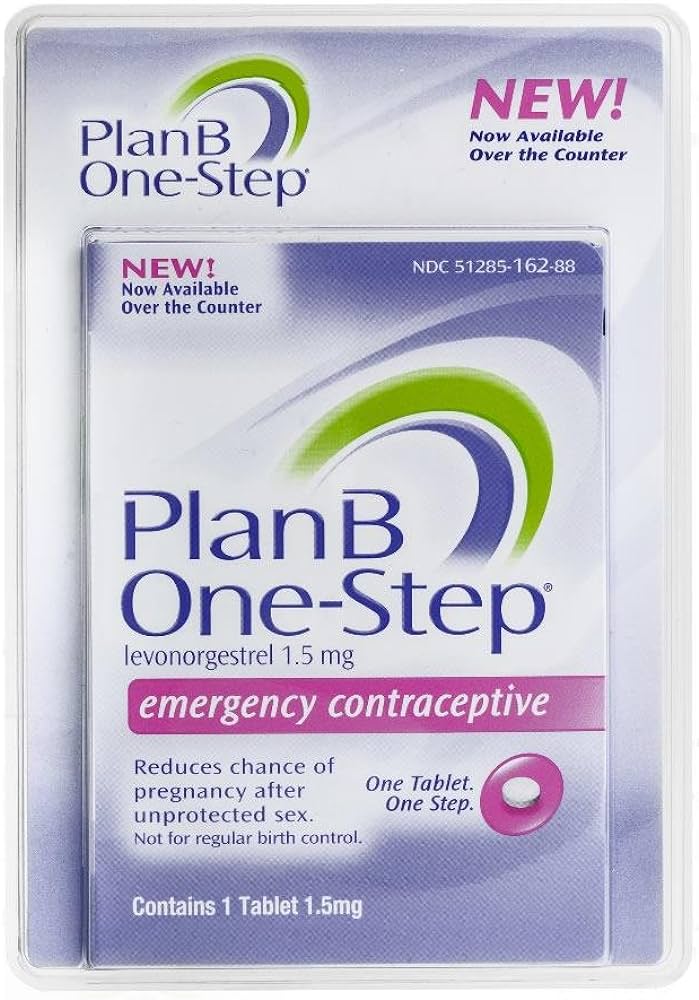Plan B, otherwise known as the morning-after pill, is an emergency contraceptive drug which has the generic name of Levonorgestrel.
Plan B is also sold under a number of additional brand names: Take Action, My Way, Aftera, Econtra, Option 2, Preventeza, AfterPill, My Choice, Fall Back Solo, Opcicon One Step, and React.
How Does Emergency Contraception Work?
Levonorgestrel is a synthetic hormone which is most effective within 24 hours of consumption. The half-life of Levonorgestrel, or Plan B, is 27 hours. This means that it takes 27 hours for half of the medication dose to leave the body. After that time, the medication is no longer at a therapeutic level in the body.
Plan B leaves the body through elimination of urine and feces. About 45% of emergency contraception leaves the body through urine, and about 35% leaves the body through feces. Small amounts of this medication can stay in the body for up to 5 days after consumption.
A number of prescription and over-the-counter medications and herbal supplements, including St. John’s Wort, can negatively interact with Levonorgestrel, causing negative side effects and/or causing Plan B to be less effective.
Side Effects of Emergency Contraception Pills
Levonorgestrel pills are known to have side effects, which can include changes to your menstrual cycle such as spotting, heavier menstrual bleeding, causing your next period to start later or earlier than normal, and changes in the heaviness of your menstrual flow. Other known side effects of Plan B are nausea and vomiting, headaches, dizziness, fatigue, breast tenderness, painful abdomen, as well as cramps and diarrhea.
Women who take Plan B and experience unusual bleeding, a missed period, who have a concern of a possible STI or STD, or who are experiencing severe abdominal pain should seek medical attention immediately. Severe abdominal pain could be a sign of a medical emergency.




